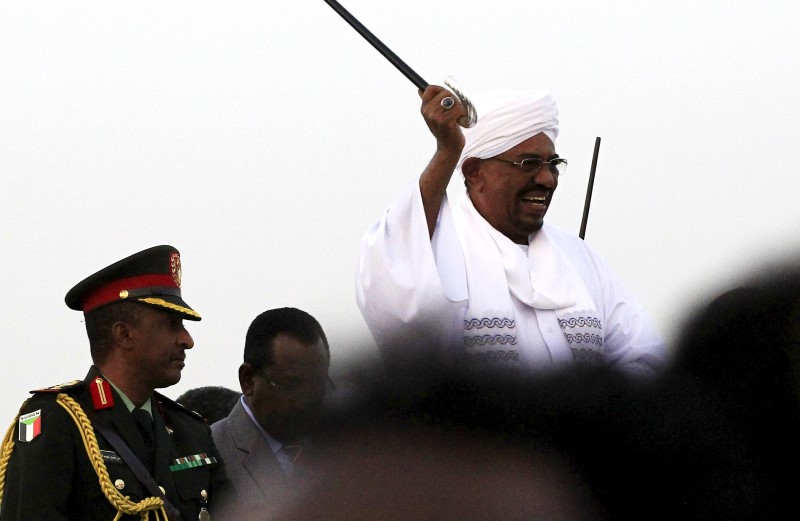CAPE TOWN (Reuters) - South African President Jacob Zuma defended the decision to let Sudanese President Omar Hassan al-Bashir evade an arrest warrant and leave the country in June, saying on Thursday the wanted leader had had immunity as a guest of the African Union.
Bashir - accused of masterminding genocide during Sudan's Darfur conflict - was allowed to leave an AU summit and fly home in defiance of a local court ruling ordering his detention under a warrant from the International Criminal Court (ICC).
"Bashir's coming to South Africa, it was on the invitation of the AU (African Union)," Zuma said in his first comments on the incident since Bashir's departure.
"He is the guest of the AU," Zuma told opposition politicians who demanded an explanation in parliament.
Bashir's exit triggered an international outcry and highlighted deep rifts between the global court and African powers who have accused the ICC of bias against the continent.
The Hague-based tribunal - set up to try the worst crimes when local courts fail - has so far only charged Africans.
Mmusi Maimane, head of the opposition Democratic Alliance, caller Bashir "a man wanted ... for genocide against Africans," and asked Zuma why he had not kept previous promises to enforce the warrant - as all ICC members are bound to do.
Zuma told parliament Bashir would have been detained if he had visited South Africa as an individual, rather than as a delegate to an AU summit.
Pretoria has said it will review its membership of the ICC and challenge a high court ruling that found the state erred in letting Bashir leave.
Zuma received support from one of his most vocal critics, opposition firebrand Julius Malema, who told parliament on Thursday: "We are not going to agree for the arrest of an African leader in South Africa to polarise Africa and make South Africa an enemy of the whole of Africa."

Bashir has dismissed the ICC charges and says he does not recognise the court.